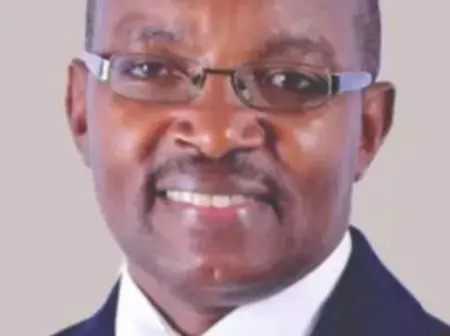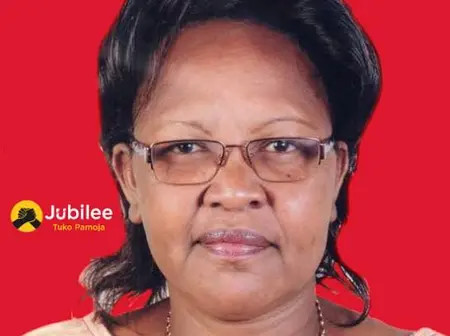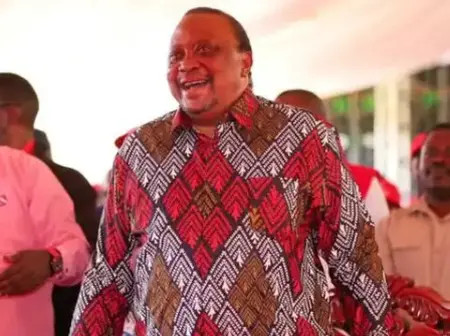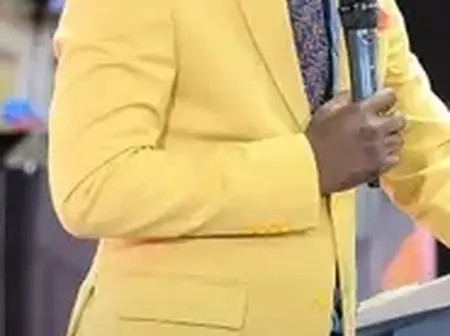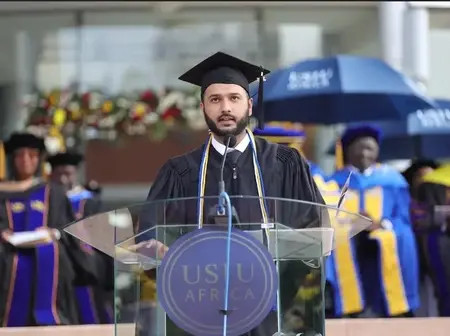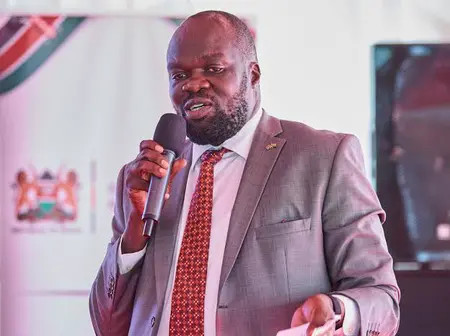
Political commentator Robert Alai has accused a group called “Raise My Hands” of attempting to push Raila Odinga away from President William Ruto. Alai claims the group is funded by individuals influential during the Kibaki and Uhuru administrations.
Alai argues that these financiers believe they can exploit government resources once the Luo community is out of power. He warns that such actions risk creating divisions among communities and could leave many ordinary citizens politically and economically marginalized.
“The biggest mistake of our lives would be for ODM to leave the broad base arrangement with UDA,” Alai said. He stressed that unity between political parties is crucial to prevent exploitation by opportunistic groups with personal agendas.
Social media reactions to Alai’s statement have been intense. Many Kenyans have expressed anger at the alleged ethnic and political undertones in the claims. The debate highlights long-standing tensions around perceived favoritism and political looting.
Some commenters challenged Alai’s characterization of the Luo community. They insisted not all Luo politicians are involved in corruption, and many ordinary citizens suffer while a few benefit from government schemes. Public sentiment reflects frustration with elite capture.
Others pointed to Ruto’s government as being culpable for looting, arguing that allegations of corruption extend beyond ethnic lines. Critics suggested that government officials have misused public resources, leaving ordinary Kenyans struggling with basic needs.
Tribal and ethnic undertones have fueled the debate further. Several users condemned “blood-based governance,” warning that political discourse framed around ethnicity only deepens divisions and threatens national cohesion.
The controversy also sparked sarcastic and humorous responses online. Memes and playful comments highlighted public cynicism regarding corruption, revealing a mix of frustration and satire as citizens engage with political narratives on social media.
Observers note that discussions like these may shape public opinion ahead of the 2027 elections. Analysts say that accusations, counterclaims, and social media reactions reflect deeper anxieties about governance, resource distribution, and the role of ethnicity in Kenyan politics.
